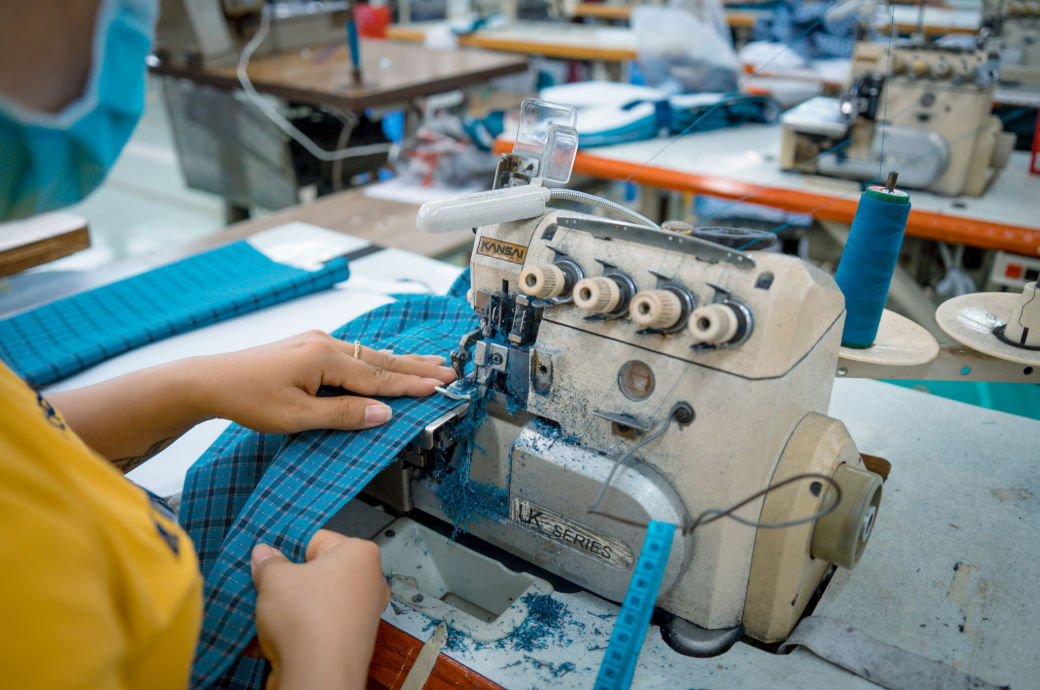
Textile trade surplus reached $11.07 billion in the first seven months, 31 per cent higher than the same period last year. The sector generated 1.9 million jobs.
The situation would worsen in the next five months due to three unfavourable factors, according to VITAS: the weakening demand of the country’s trade partners; labour shortages caused by shrinking urban labour forces; and the faltering financial situation of many textile firms amid mounting costs.
China, Japan and many other countries are tightening preventive measures against COVID-19, causing trade disruptions. High inflation in large importers like the United States and the European Union (EU) are eroding consumer buying power, dragging down textile demand further.
Due to the Russia-Ukraine conflict showing signs of continuing, textile flows to both the countries would remain low for months. The recent depreciation of neighbouring currencies against the US dollar is also not helping Vietnamese exporters.
To add to all these, the US Uyghur Forced Labour Prevention Act and the EU plan on carbon fees are likely to set the bar high on cotton.
The second factor is a burning issue as textiles is a labour-intensive industry. As many workers left cities during the pandemic and never returned, and others took early retirement, the industry is expected to remain slack for the rest of 2022.
Regarding the last factor, input costs have increased by around 25 per cent and transport costs have tripled since early this year. As firms were drained inside-out during the pandemic, mounting costs are expected to drive them further into economic woes, eroding profits and hampering expansion, a Vietnamese media outlet reported.
VITAS, therefore, urged the government to approve ‘The Development Strategy for Textile and Footwear Industries to 2030, with a Vision to 2035’ to benefit better from free trade agreements (FTAs) as the strategy would pave the way for large industrial parks that meet FTA standards.
The trade body called for abolishing several tariffs on imported raw materials used to manufacture goods for export, as the tariffs are discouraging for the trade.
VITAS also requested tax authorities to process tax refunds faster to save textile firms from unnecessary costs and called for amendments to the law on social insurance to promote labour stability.
The existing social insurance premium is so high that it encourages early retirement, the association added.
Fibre2Fashion News Desk (DS)